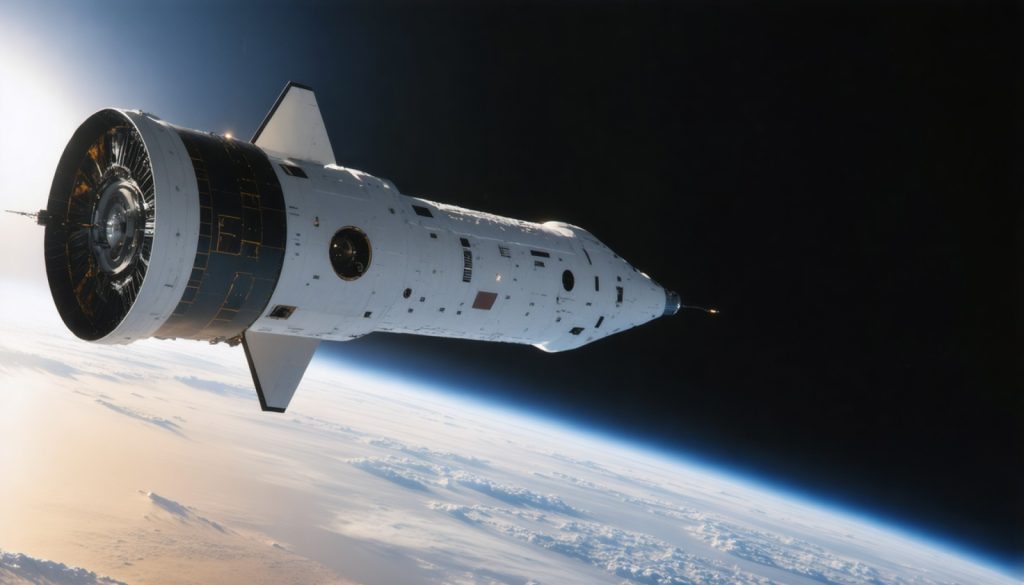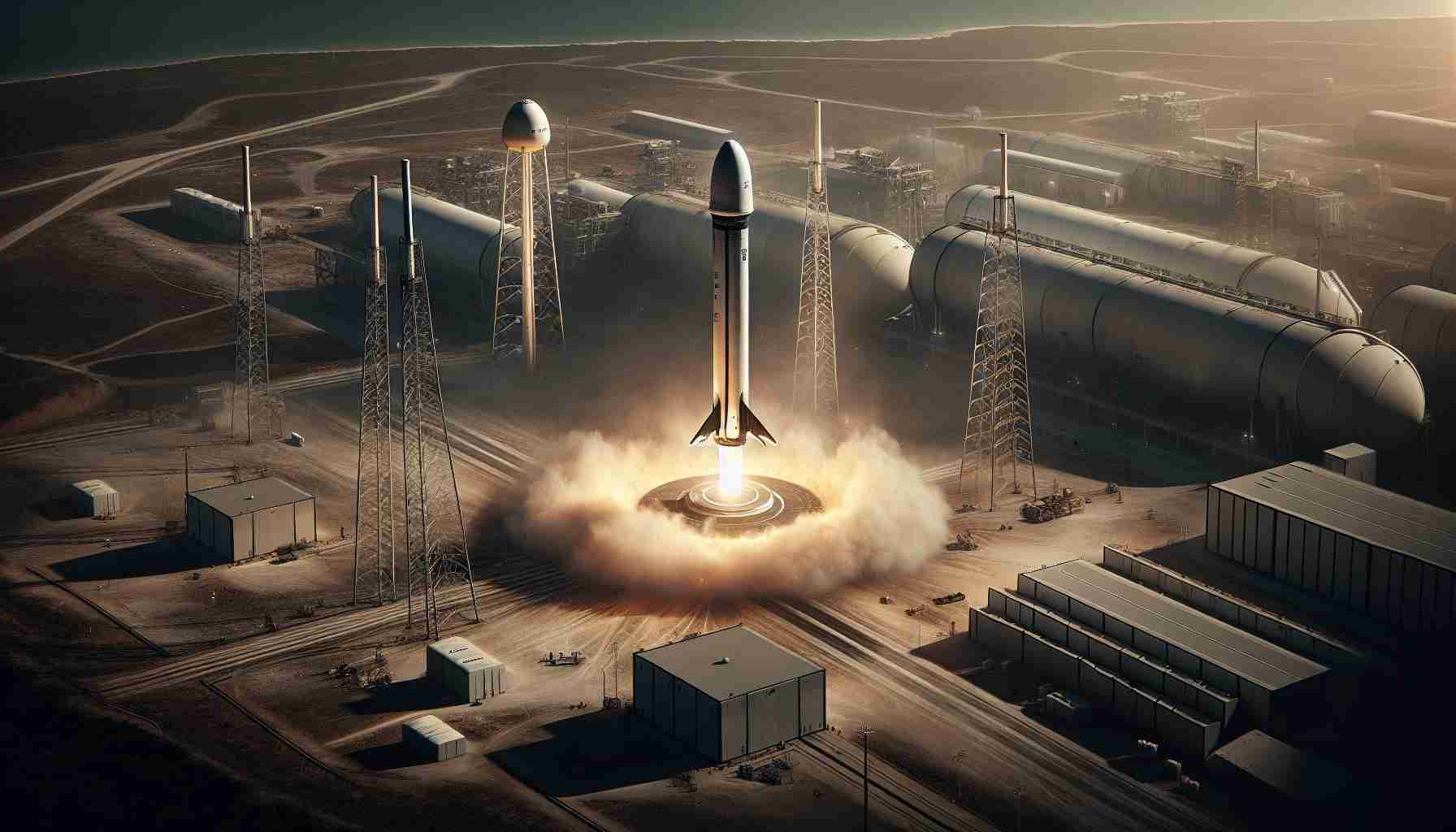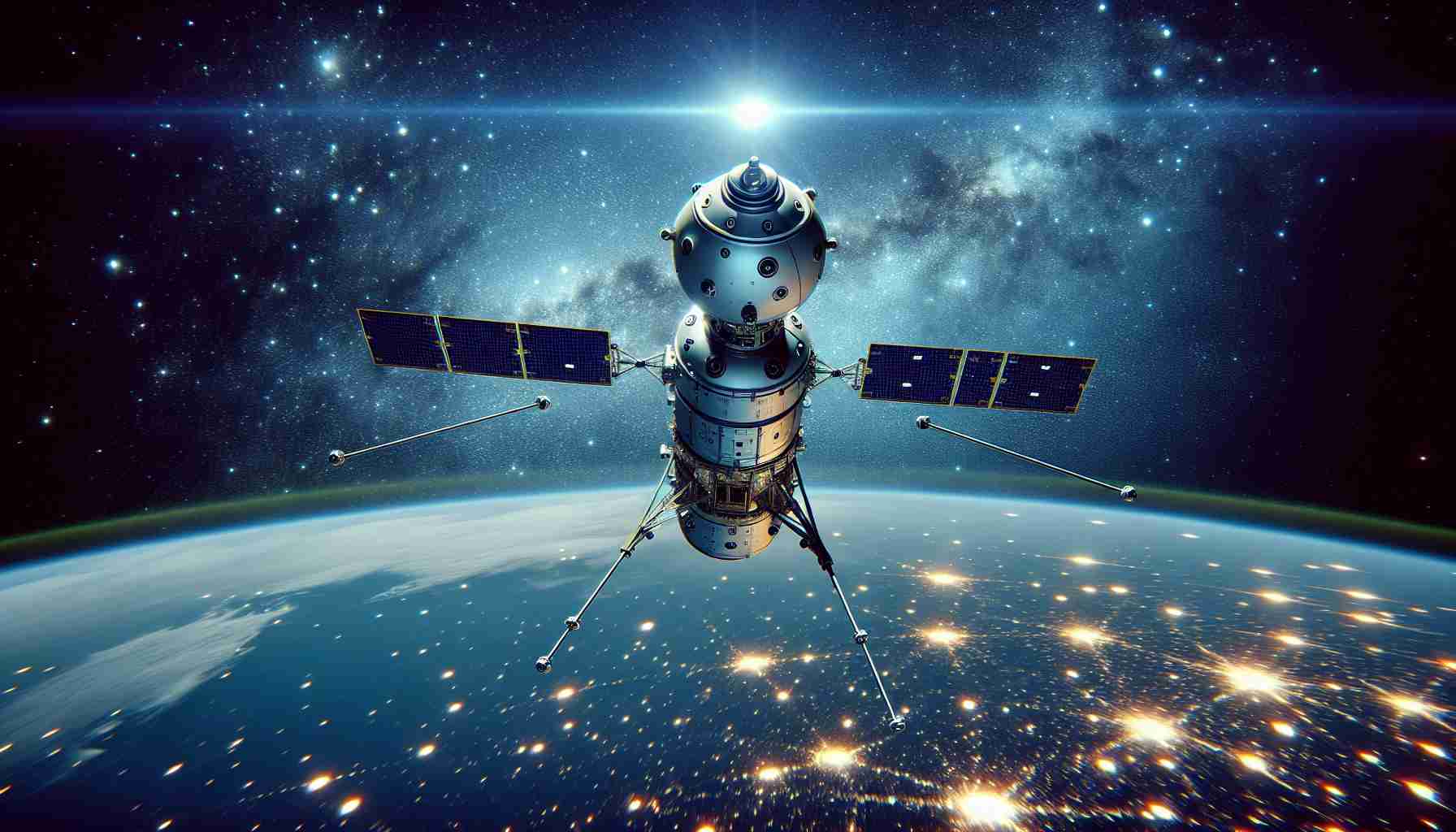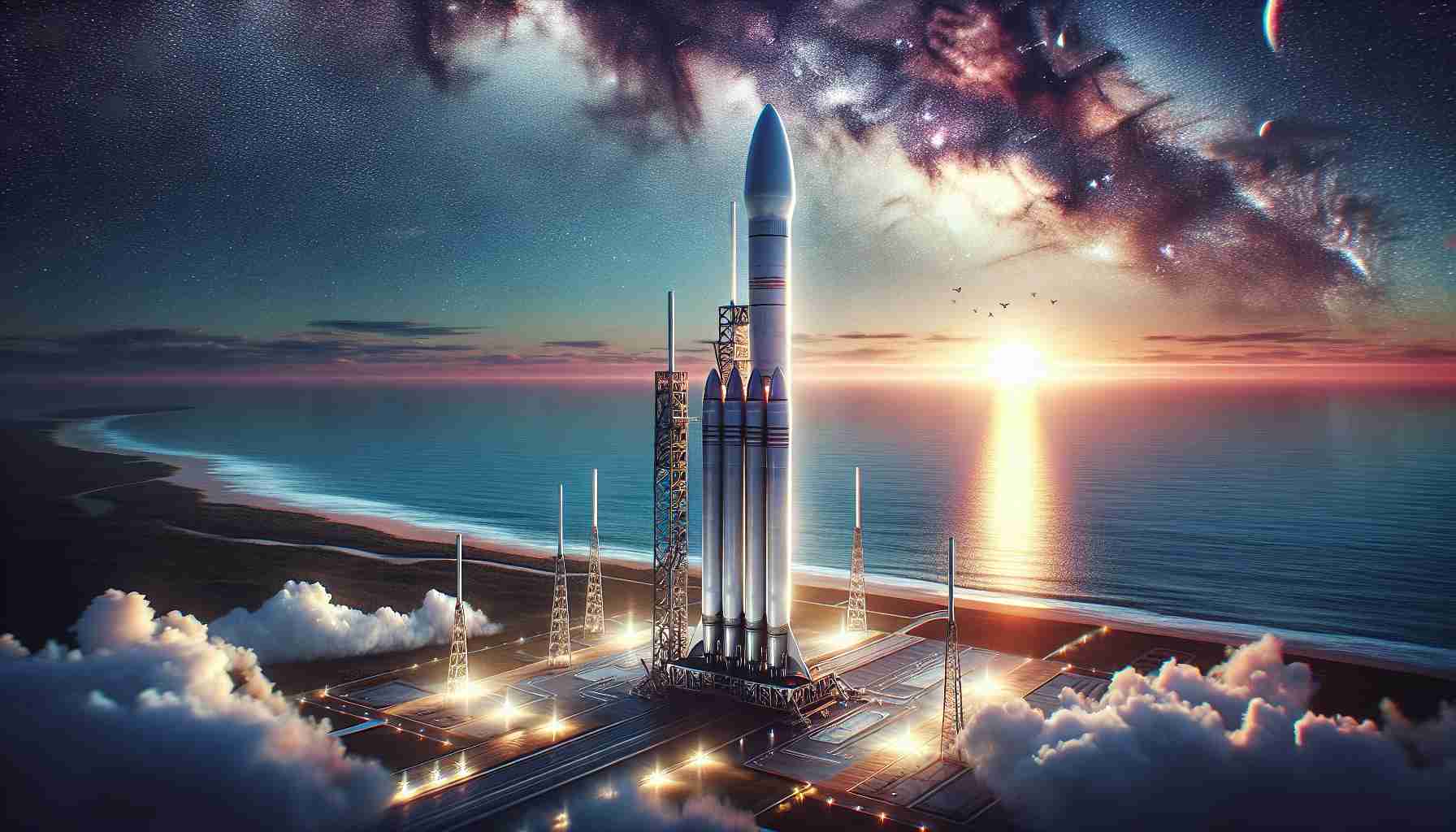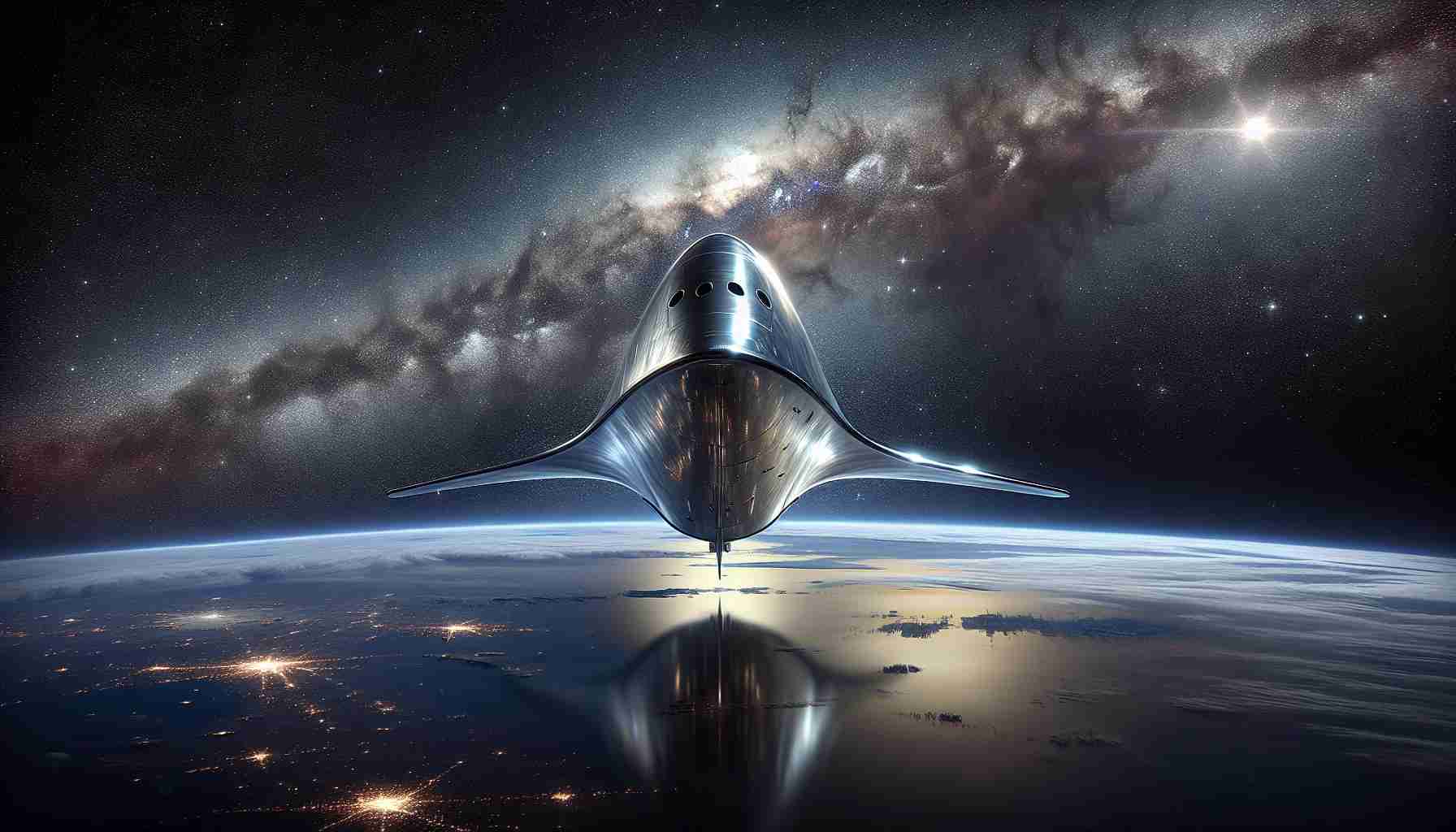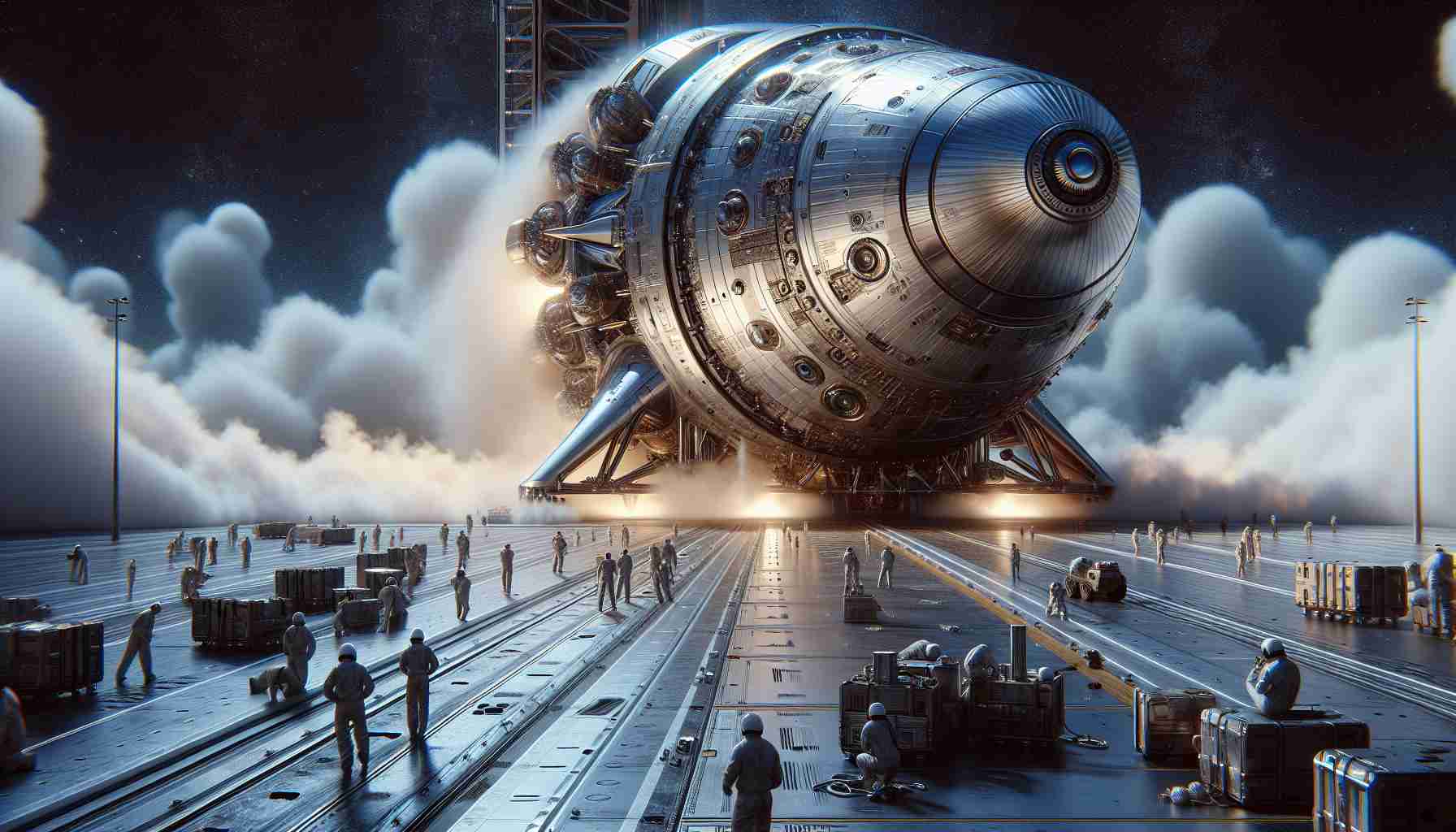Rockets - Page 24
Rockets are vehicles designed to propel themselves by expelling exhaust in the opposite direction, utilizing Newton's third law of motion, which states that for every action, there is an equal and opposite reaction. They are typically used to transport payloads such as satellites, science instruments, or human passengers into space. Rockets can function in the atmosphere and in the vacuum of space, and they operate on the principle of thrust generated by the rapid combustion of propellant in a combustion chamber, forcing exhaust gases out through a nozzle. Rockets are categorized into different types, including solid, liquid, and hybrid rockets, based on the state of their propellant. In addition, they are fundamental to space exploration and the launch of spacecraft, playing a critical role in history and technology related to aeronautics and astronautics.
